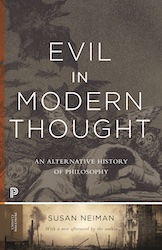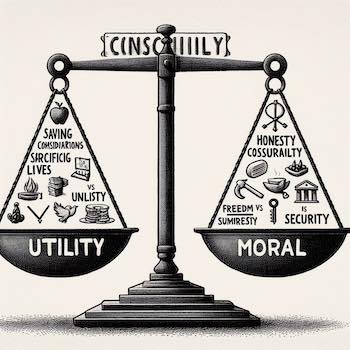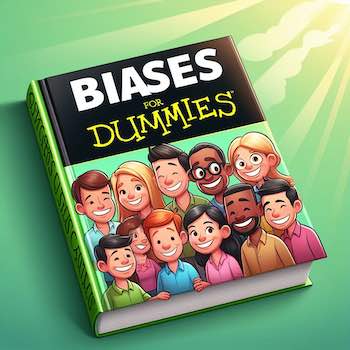Counterfactual causality, what is the point?
Abstract: A theory of causality, a root concept, must strive to converge its ontological and teleological directions. The counterfactuals used by Paul Noordhof unfortunately failed in this attempt. They form a good description of cognition, highlighting its biases. Going further requires looking at the complex dimension. Part 1: Two-way causal representation Causality is one of … Read more










